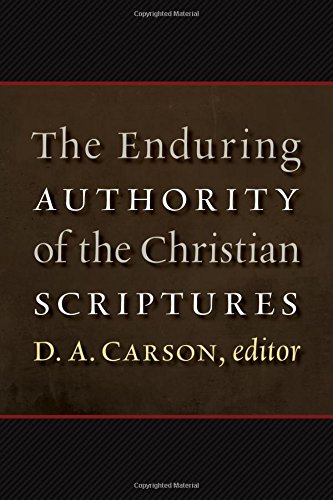A Brief Book Summary from Books At a Glance
Editor’s Note: Today we continue our series of “bonus” summaries covering all thirty-six chapters of the monumental volume, The Enduring Authority of the Christian Scriptures (D.A. Carson, ed.).
Chapter 32: Qur’anic Challenges for the Bible Reader
by Ida Glaser
(Summarized by Mark Coppenger)
Glaser, the director of the Centre for Muslim-Christian Studies at Oxford, begins by distancing himself from those who rely on introductions to and critiques of Islam by Christians, who speak without having read the primary sources, who see Islam as a threat instead of an opportunity for a Gospel-focus outreach, and who fail to “read the Bible faithfully in the context of Islam.” He then proceeds to straighten things out.
For those who, like Luther, say that the Qur’an was the work of Mohammed, he counters that Muslims believe it is the revelation of God (through dictation by the Angel Gabriel), with Mohammed as the one and only earthly vessel for revelation. Muslims ground its authority in its self-authenticating “inimitability” and in its “continuity with the Bible,” whereby some call it the “Third Testament.”
Glaser offers a range of observations on the interface between the two faith’s scriptures, e.g., that there are Muslims who dispute the notion that the Qu’ran contradicts the biblical teachings on Christ, for the targets were actually heretical misconstruals of Jesus; that the genres are distinct; that the biblical emphases on love (chesed and agape) are absent from the Qur’an; that, unlike the Bible, the Qur’an does not teach a Fall, so guidance for the confused and not salvation for the lost is the key.. . .
[To continue reading this summary, please see below....]The remainder of this article is premium content. Become a member to continue reading.
Already have an account? Sign In
